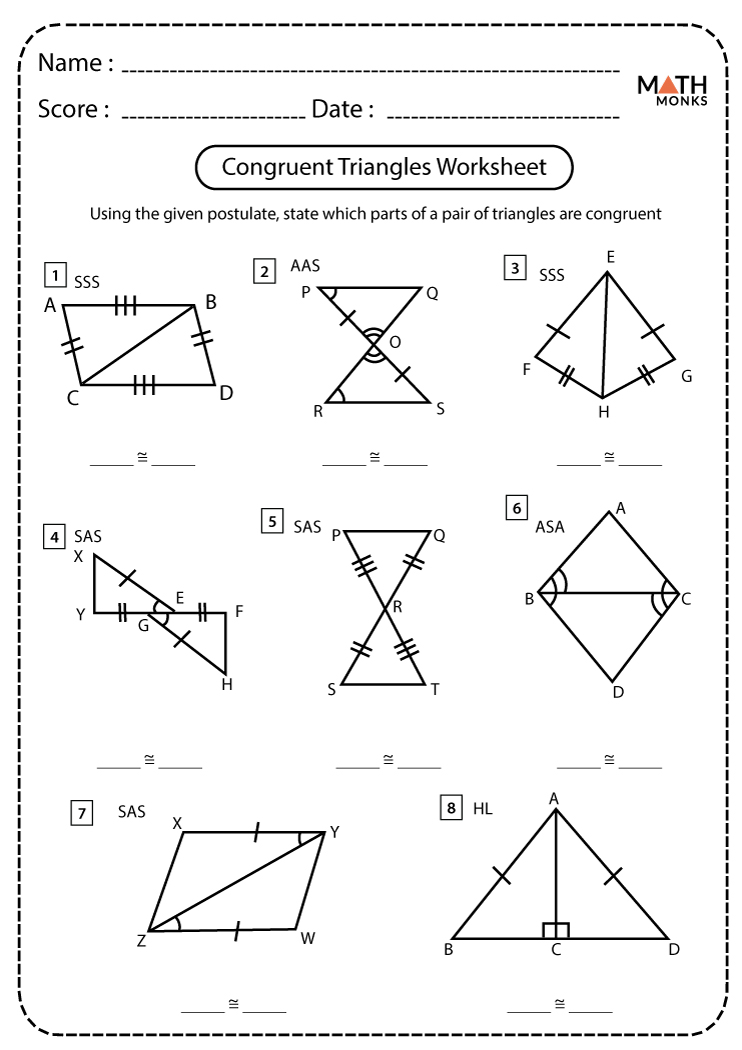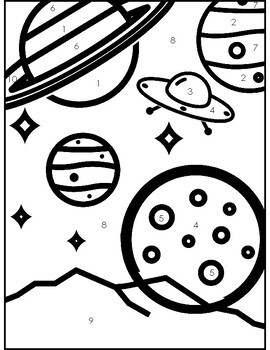Can dinosaurs and math really coexist in a learning environment? Absolutely, when educational tools like the PRAXIS® Study Companion and coloring activities merge these two seemingly unrelated topics. A bold statement to consider is that integrating creative elements such as coloring into traditionally rigid subjects like mathematics can significantly enhance student engagement and retention. This innovative approach not only captivates young minds but also fosters a deeper understanding of complex concepts.
The PRAXIS® Study Companion for the ParaPro Assessment (1755) offers an intriguing glimpse into how dinosaur themes can be incorporated into mathematical exercises. By challenging preconceived notions about dinosaurs through congruent triangles, this study material transforms abstract ideas into tangible visuals. Each image embedded within these resources brims with patterns and math problems, turning every sheet into an engaging puzzle. Students are encouraged to delve into triangle congruence—whether it's Side-Side-Side (SSS), Side-Angle-Side (SAS), Angle-Side-Angle (ASA), Angle-Angle-Side (AAS), or Hypotenuse-Leg (HL)—all while enjoying the process of coloring their way to comprehension.
| Category | Details |
|---|---|
| Name of Resource | PRAXIS® Study Companion - ParaPro Assessment (1755) |
| Type of Material | Educational resource combining math and art |
| Target Audience | Students preparing for ParaPro Assessment |
| Focus Area | Congruent Triangles (SSS, SAS, ASA, AAS, HL) |
| Key Features | Coloring activity integrated with geometry problems |
| Reference Website | ETS Official PRAXIS Page |
This unique blend of education and creativity extends beyond just the classroom setting. Teachers often remark on the enthusiasm displayed by students participating in activities like the Congruent Triangles Coloring Activity. For instance, one educator noted, My kiddos love a good coloring sheet! Such positive feedback underscores the effectiveness of using visual aids alongside traditional teaching methods. As learners solve each problem, they match numbers with corresponding colors, gradually revealing a vibrant dinosaur illustration—a reward for their efforts.
Engaging students in identifying congruent triangles through SSS, SAS, ASA, AAS, or HL further solidifies their grasp of geometric principles. These activities serve dual purposes: reinforcing fundamental knowledge while providing an artistic outlet. Even high school geometry students benefit from incorporating coloring into their studies, proving that age does not deter enjoyment derived from hands-on experiences.
Moreover, these interactive worksheets cater specifically to elementary school children who thrive on colorful stimuli. An incredible aspect lies in allowing kids to personalize their responses, thereby fostering individuality amidst collective learning objectives. While some may argue against integrating arts into core academics, empirical evidence supports its efficacy in promoting critical thinking skills among participants.
By determining which postulates validate specific congruencies, students practice analytical reasoning. Coloring according to determined parameters ensures accuracy while adding flair to otherwise monotonous tasks. Thus, activities involving both logic and aesthetics prove invaluable in modern pedagogical practices.
In summary, resources designed around dinosaur-themed math challenges represent more than mere entertainment; they exemplify forward-thinking approaches toward holistic education. Leveraging interests outside conventional curricula enriches overall scholastic achievement levels across diverse demographics. Ultimately, merging science fiction elements with practical applications creates lasting impressions upon impressionable minds seeking answers within structured frameworks yet yearning for freedom of expression simultaneously.



